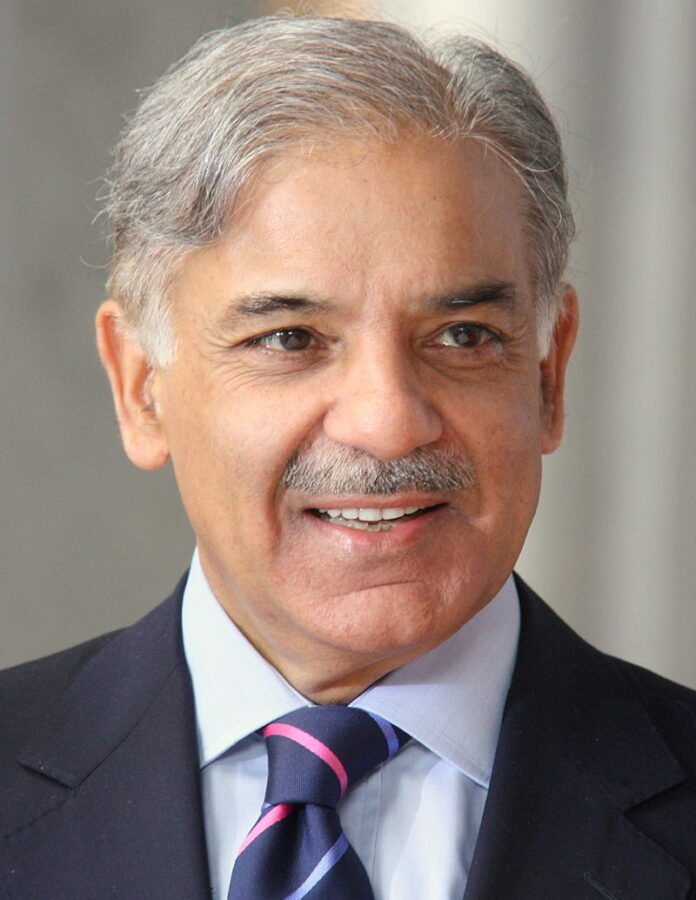Prime Minister Shehbaz Sharif has a tough 18 months or so ahead of him before the South Asian nation is scheduled to vote in general elections and his biggest challenge will be to rescue a sagging economy and weakening currency, and to deal with a balance of payments crisis amid extreme political volatility in the country.
According to a report published in The National, Sharif’s ascent to the premiership followed a week-long constitutional crisis that reached its height with the removal of former prime minister Imran Khan through a no-confidence motion in Parliament. As Sharif took office on Monday, more than 100 MPs loyal to Khan resigned, stoking already heightened instability. This is a major headache for the new prime minister, who is trying to chart a course to bring the deeply polarised country out of its political and economic crisis.
The new government needs to rein in inflation of 12.5 per cent and has little in foreign exchange reserves, underscoring the task at hand for Mr Sharif, who opposes engaging the International Monetary Fund.
Moody’s Investors Service, which considered the no-confidence vote against Imran Khan to be credit negative for Pakistan, said the country’s current account deficit amounted to more than $12 billion between July 2021 and February 2022, a stark contrast to a $1bn surplus in the same period a year earlier.
“We now expect the deficit to widen to 5 percent to 6 percent of GDP [gross domestic product] in fiscal 2022 [ending in June] compared with our previous forecast of 4 per cent,” the rating agency said in a note. This will put “greater pressure on Pakistan’s foreign reserves”, which dwindled to $14.9bn as of February 2022 from $18.9bn in July 2021, sufficient to cover only about two months of imports, Moody’s said, quoting IMF data.
Sharif said the country must tackle the economic malaise in which the rupee has hit an all-time low. The currency dropped to about 188 rupees to $1 last week, down from a high of 152.27 rupees in May 2021. “If we have to save the sinking boat, what we all need is hard work and unity, unity and unity,” he told Parliament. “We are beginning a new era of development today.”
Sharif mentioned Chinese funding for major projects but not the IMF’s remaining $3bn funding open to Pakistan if the country can meet the lender’s requirements. They include electricity and fuel tariff reforms, which are highly unpopular moves in a country struggling with rising consumer prices.
But policymakers remain engaged with the IMF, said Pakistan’s central bank, which last week implemented an emergency 250-basis point rate increase – the biggest since 1996 – to stem the rupee’s slide and stabilise financial markets.
“The engagement with the IMF remains strong, both with the finance ministry as well as the central bank,” State Bank of Pakistan Governor Reza Baqir, a veteran IMF executive, told Bloomberg.
“In the current political environment, it is no surprise that the unpopular decision being required by the IMF of raising fuel and electricity prices is proving difficult.” Baqir said that delays were common in countries facing a political crisis.
“We are quite confident that we will be able to put the delay behind us and soon announce the good news of completing the next tranche of the IMF [reforms],” he said.




